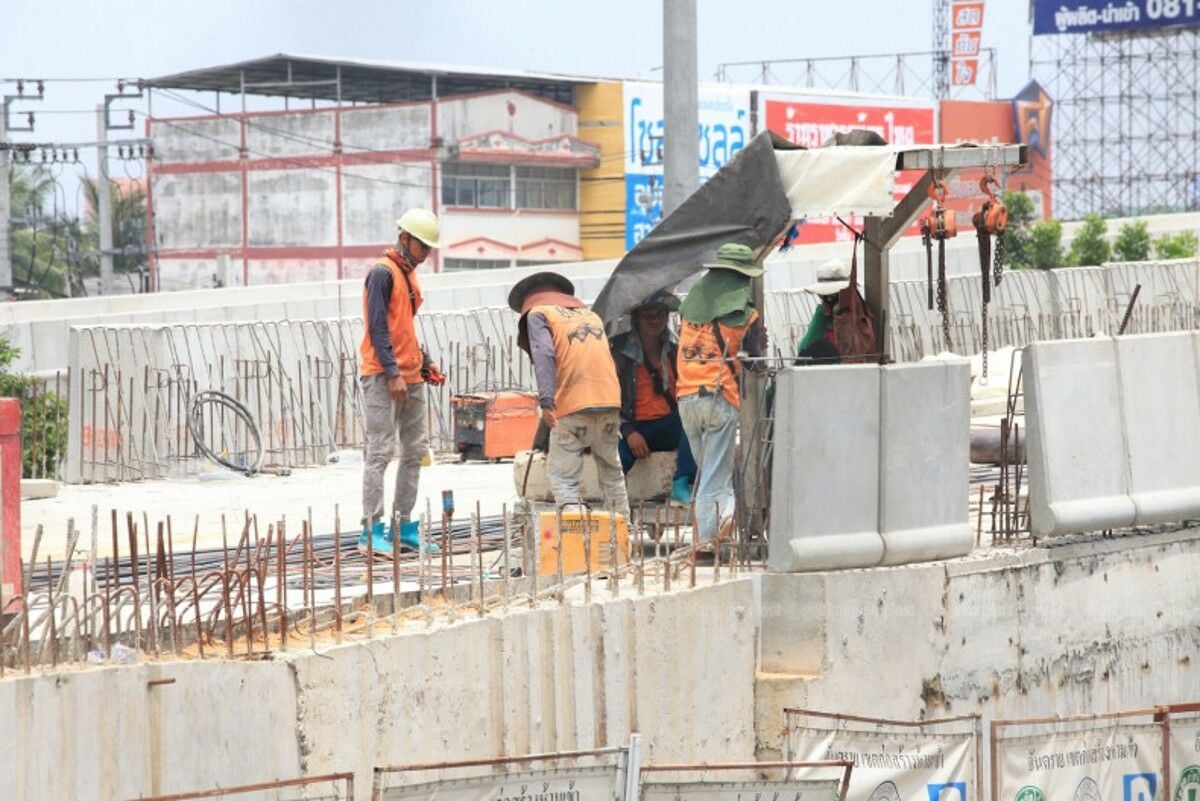National wage committee to finalise 400-baht minimum wage

Labour Minister Phiphat Ratchakitprakarn announced that the national wage committee will reconvene on Friday to discuss the implementation of a 400-baht minimum wage for large employers nationwide starting October 1.
The tripartite committee, which includes representatives from employees, employers, and the government, met on Monday. However, all five employer representatives were absent, leaving only the 10 members from the employee and government groups present. According to Phiphat, the ministry was informed that “other engagements” had prevented the employers’ representatives from attending.
Employers have generally opposed the idea of a 400-baht minimum wage, particularly the proposal to standardise it nationwide. The current minimum wage varies by province, ranging from 330 to 370 baht.
Phiphat stated that another invitation will be extended to the employers’ representatives for Friday’s session.
“I urge the five employers’ representatives to attend the meeting to exercise their rights. If they fail to do so for a second time, we will assume they have waived their rights.”
Regardless of attendance, the meeting on Friday will proceed, with a two-thirds majority required to approve the 400-baht wage policy. This wage increase would apply to businesses employing at least 200 workers. Phiphat expressed confidence that the policy would be implemented on October 1.
The minister acknowledged receiving letters from the Chamber of Commerce, Federation of Thai Industries, and their provincial offices, which indicated that they are not prepared for a wage increase, reported Bangkok Post.
However, Phiphat emphasised the necessity of the wage rise due to the increasing cost of living.
“We have to find the best balance so that employers and employees can move forward together.”
In related news, the opposition urged the implementation of the Pheu Thai Party’s promised 600-baht minimum wage while criticising the government’s labour policy for a perceived lack of initiatives to enhance labour skills.
Sia Jampathong, an MP from the People’s Party, highlighted these concerns during the final day of a joint Parliament sitting. He noted that labour policy was conspicuously absent from the government’s list of 10 most urgent policies.
Latest Thailand News
Follow The Thaiger on Google News:


























